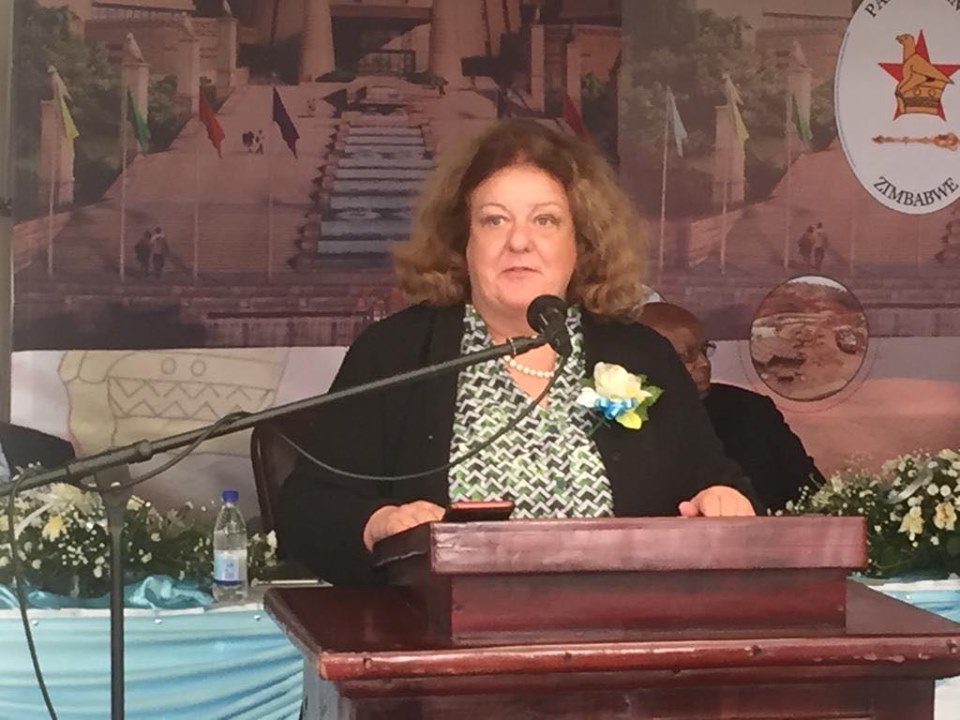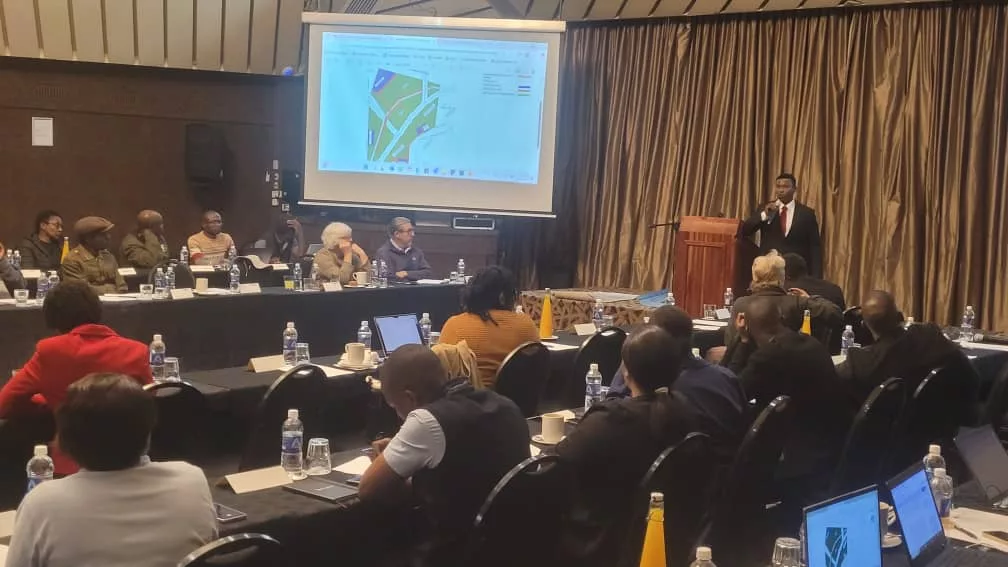Parliamentarians, as the representatives of Zimbabwe’s children can and must play a key role in ensuring that no child is left behind and make the pledge: for every child in Zimbabwe, every right, UN resident coordinator Ms Maria Ribeiro has said.
Speaking at the 30th anniversary of the Convention on the Rights of the Child with the Parliament of Zimbabwe, Ms Ribeiro said there was much that the Honourable Members of Parliament could do to uphold the rights of the Zimbabwean children, including ensuring that children are listened to.
“The Parliament can ensure that the passing of legislation and its implementation to ensure child rights in Zimbabwe are accelerated: examples include, the 2016-2020 National Action Plan for Orphans and Vulnerable Children; expediting of the Marriage Bill.
“In the debates on national budgets, the Parliament can also ensure that investing in children is a priority and that adequate provision is made to support the roll-out programmes for children as well as protecting achievements, especially in moving towards free education and child health,” Ms Ribeiro said.
She renewed the United Nations’ commitment to supporting initiatives that protect and advance the rights of children in Zimbabwe.
“I take this opportunity on the Occasion of the 30th Anniversary of the CRC, to urge Zimbabwe to sign up to the ‘’Global Pledge for Children’’ that renews the commitment of Member States to the Convention to increase action and results for children,” she said.
“However, poverty and recurrent socio-economic challenges facing the country are disproportionately impacting the girls and boys of Zimbabwe: in access to food and nutrition, access to health and education as well as ensuring the protection of children against violence and harmful practices.”
She said the Sustainable Development Goals offer a strategic opportunity to tie progress for children to the 2030 Agenda.
“In this regard, greater coordination of the efforts of all stakeholders working towards the implementation of the country’s obligations under the CRC are necessary. This will enable maximum and efficient utilization of resources.
“It is important to recognize that in furthering full implementation of the Convention, meaningful participation of children themselves as agents of positive change in the promotion, protection and monitoring of their own rights is necessary,” she said.
Zimbabwe has made tremendous progress since becoming a State Party to the Convention on the Rights of the Child in 1990.
Zimbabwe has also ratified key conventions and instruments that aim to advance the rights of children including: The Optional Protocol to the Convention on the Rights of the Child on the involvement of children in armed conflict (May 2013); and the ILO Convention No. 182 on the Worst Forms of Child Labour (1999).
The Convention of the Rights of the Child – or CRC – is a global promise to all children around the world, that children have rights and that the States will protect their rights.






